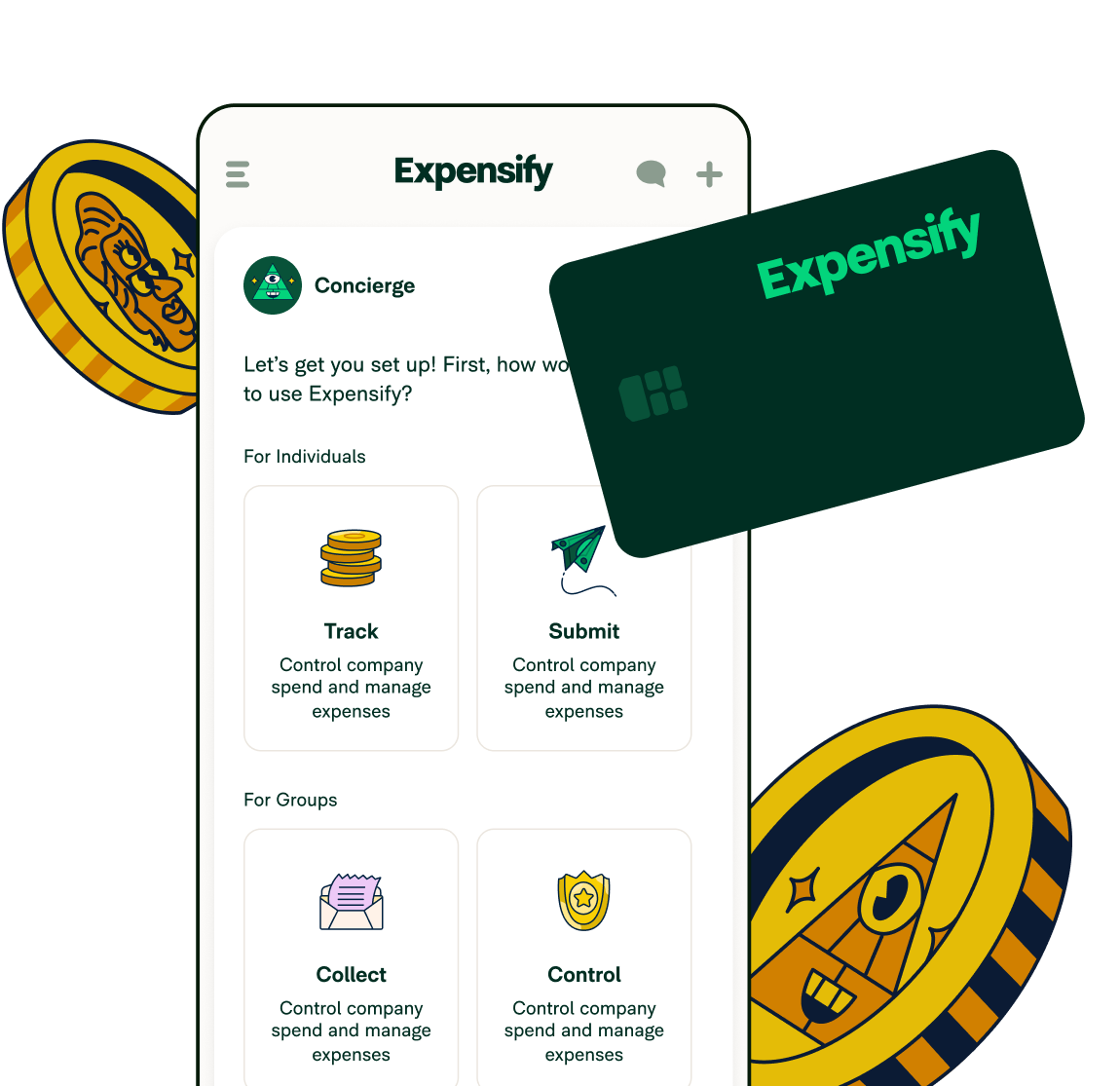The best way to achieve long-term financial goals for your small business

Running a small business comes with its own unique set of financial challenges, and achieving long-term success requires more than just handling short-term needs. To ensure sustained growth, you need a comprehensive strategy for setting financial goals that not only address day-to-day operations but also paves the way for future growth.
The good news is that crafting this strategy doesn’t have to be difficult or overly complicated. With the right approach, you can create a plan that’s both effective and easy to manage. So, which is the best way to achieve long-term financial goals for your small business? Let’s dive into some key steps that not only answer that question but will help you future proof your business.
What are long-term financial goals for business?
The long-term financial goals definition may seem obvious, but it’s easier said than done. Firstly, they extend beyond immediate or short-term financial needs, typically spanning several years. Next, they’re focused on ensuring a business's long-term success and sustainability, which is what every business owner wants. Whether improving profitability, growing the business, or effectively managing cash flow, these objectives provide a roadmap for continued growth.
Examples of common long-term financial goals for small businesses include:
Profitability: Increasing profit margins over time.
Growth: Expanding the business, whether by scaling operations, entering new markets, or adding additional services.
Cash flow management: Maintaining positive cash flow, as reflected on your cash flow statement, to ensure financial health and avoid liquidity issues.
Take control of your business finances: Your goal-setting guide
Now that we’ve defined some long-term financial goals examples, here’s how you can take back control of your small business finances.
Set clear, measurable, and realistic SMART goals
Achieving long-term financial success starts with setting SMART goals—goals that are Specific, Measurable, Achievable, Relevant, and Time-bound. You’ve probably heard about them in school or from a dozen personal development “gurus,” but they do actually work when you implement them like the following example.
Instead of broad objectives like "increase sales," a SMART goal would look like this: "Increase sales by 10% within the next 12 months by expanding our online marketing efforts and improving customer retention."
This ensures your goals are not only clear and measurable but also realistic and aligned with your overall business strategy. Setting SMART goals helps you stay focused, track your progress, and achieve meaningful results.
Align goals with overall business objectives
Your financial goals must be directly linked to your broader business strategy. Every financial target you set should support your company's long-term vision and growth plans.
For example, if your overarching business goal is to expand into a new market, your financial goals should focus on securing the necessary funding, managing cash flow, and allocating resources effectively to support this expansion.
This might include setting goals like "Increase capital reserves with alternative financing by 15% in the next six months to fund entry into new market X," or "Reduce operational costs by 5% within the next quarter to free up funds for market expansion."
Additionally, aligning goals creates cohesion across departments, enabling every part of the business to work towards a shared objective. For example, marketing might focus on growing brand awareness in the new market, while finance focuses on optimizing the budget to support this growth. When financial goals are in sync with overall business objectives, it helps prioritize resources, reduces conflicting efforts, and improves decision-making across the company.
The power of data-driven insights
Data is one of the most powerful tools, especially when it comes to financial planning. Data-driven insights enable you to make more informed, accurate, and strategic financial decisions. By analyzing realtime and historical financial data, you can uncover trends, identify potential investment opportunities, and adjust your strategies to optimize business growth.
Data can reveal which products or services generate the highest margins, helping you allocate resources more efficiently. It can also highlight patterns in customer behavior, allowing you to anticipate market demands and adjust your pricing strategies or marketing efforts accordingly.
Using expense management tools to help with your business’s long-term financial goals
What are some financial goals tools you can use to help you meet your business’s long-term objectives? Here are some ideas.
Expense tracking
Expense management tools like Expensify simplify the process of capturing and categorizing business expenses. Realtime data from small business expense tracking provides insights into your spending habits, making it easier to identify areas for cost reduction and optimize resource allocation.
Reporting and analytics
With customizable reports and dashboards, you can use data to spot financial trends and track performance against your long-term financial goals. These insights and reporting allow you to optimize spending and make better-informed decisions.
Integration with other tools
Expensify integrates seamlessly with accounting software and other business tools, reducing the need for manual data entry and streamlining workflows. This helps ensure your financial management is aligned with other critical aspects of your business operations.
Tools like Expensify's expense and spend management features also offer valuable insights into your business's financial health and help you not just manage, but achieve these goals.
FAQs about achieving long-term financial goals for your small business
-
Strategic actions like regular financial reviews, disciplined expense management, and informed investing can all contribute to achieving long-term financial goals.
-
Investment helps businesses build wealth, generate additional income, and protect against financial risks, all of which are essential for reaching long-term financial objectives.
-
Reviewing your financial plan at least once a year ensures that your strategy stays aligned with your business’s changing needs and market conditions.
-
As mentioned previously, failing to set measurable goals, neglecting cash flow management, and underestimating the power of data-driven insights can seriously impact your financial success. However, one of the biggest pitfalls is not seeking advice or help when you need it. Many sole traders, entrepreneurs, and small business owners feel overwhelmed when they first start out, unsure of where to begin or where to turn for guidance. Consulting a financial advisor, accountant, or business mentor can provide fresh perspectives and help you make informed decisions. Whether you’re unsure about tax planning, retirement funds, or investment strategies, reaching out for expert advice can save time, money, and stress in the long run.
Ready to achieve your small business financial goals?
Don’t let financial management be a barrier to your success. Expensify offers the tools you need to track expenses, analyze data, and stay on top of your long-term financial goals.
Enter your information below and we’ll take it from there.








